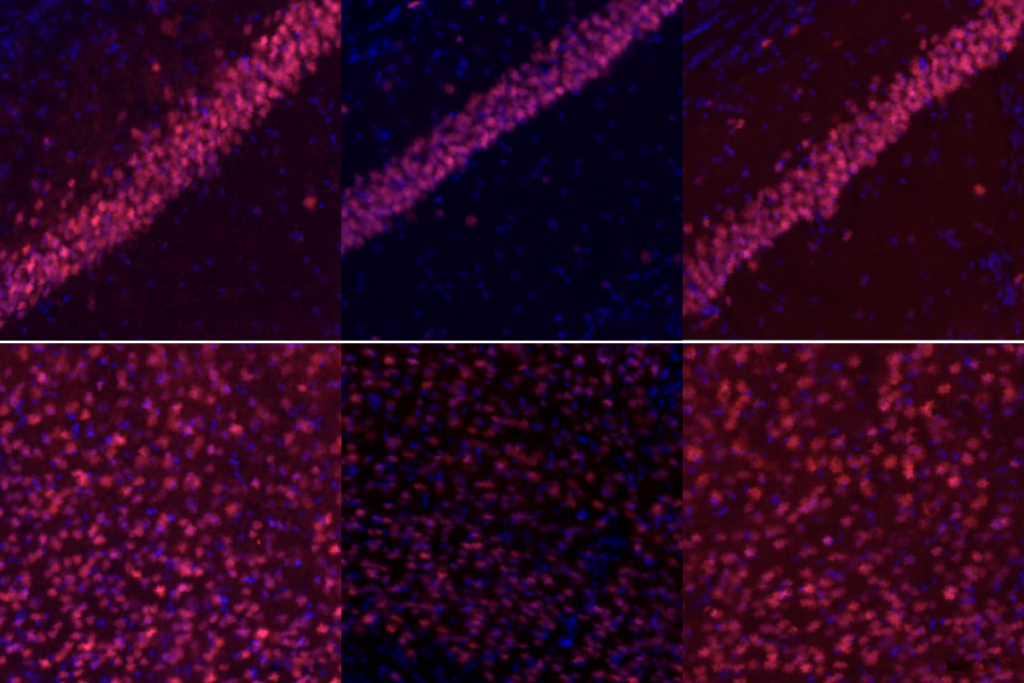The authors of a 2022 auditory perceptual learning paper retracted their study last month after other researchers identified methodological errors.
The original study, titled “Auditory perceptual learning in autistic adults,” was published in Autism Research in July 2022. It aimed to explore differences in the automatic retuning of phoneme categories, the process by which people adjust their perception of speech sounds when they are introduced to a new speaker, among 25 autistic and 28 non-autistic adults. The study has been cited once, according to Clarivate’s Web of Science.
According to study investigator Mark Antoniou, associate professor at the MARCS Institute for Brain, Behaviour and Development at the Western Sydney University, a team of researchers looking to replicate the results reached out to him in May 2024 about a “potential error” in the tasks used in the study.
After further investigation, Antoniou wrote in an email to The Transmitter, he and his colleagues realized that due to “human error,” two tasks in the experiment had been administered in the wrong order. The order is “critical,” Antoniou wrote, because this was “a perceptual learning experiment in which participants are exposed to an ambiguous stimulus and are then tested to see the effects of the exposure on their categorisation of a speech sound contrast.” Due to the mix-up, “we could no longer be sure that the effects we reported in the paper, namely that autistic listeners did not show lexically guided perceptual learning, were reliable,” he wrote.
Antoniou says he and his colleagues wrote to Autism Research requesting a retraction in late May of this year. In an email to The Transmitter, a spokesperson for Autism Research said the investigation into the concerns began in early June. The journal posted the retraction online in July. This is the first retraction any of the four co-investigators have had, per the Retraction Watch database. (Ivan Oransky, editor-in-chief of The Transmitter, is the volunteer co-founder of Retraction Watch.)
“As you might imagine, it took some time to go through the bureaucracy of the journal, but they were understanding and appreciated our commitment to transparency and research integrity,” Antoniou wrote. “We are currently renewing our ethics approval so that we can replace those affected data points and will be submitting a corrected manuscript as soon as possible.”





